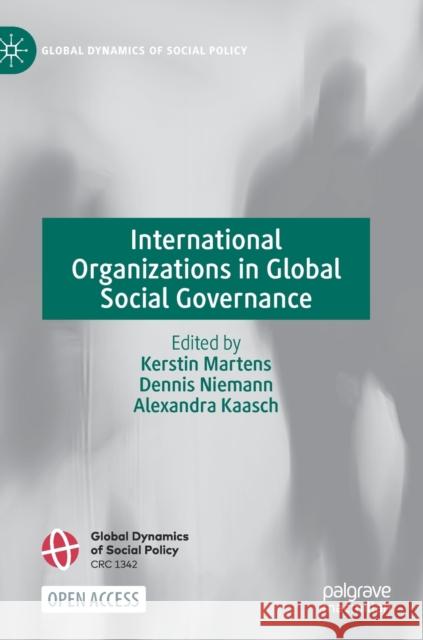International Organizations in Global Social Governance » książka
topmenu
International Organizations in Global Social Governance
ISBN-13: 9783030654382 / Angielski / Twarda / 2021 / 353 str.
Kategorie:
Kategorie BISAC:
Wydawca:
Palgrave MacMillan
Seria wydawnicza:
Język:
Angielski
ISBN-13:
9783030654382
Rok wydania:
2021
Wydanie:
2021
Numer serii:
001062023
Ilość stron:
353
Waga:
0.60 kg
Wymiary:
21.01 x 14.81 x 2.24
Oprawa:
Twarda
Wolumenów:
01
Dodatkowe informacje:
Wydanie ilustrowane











